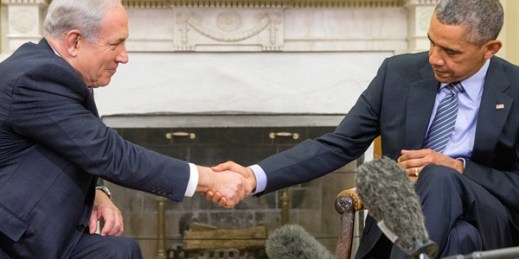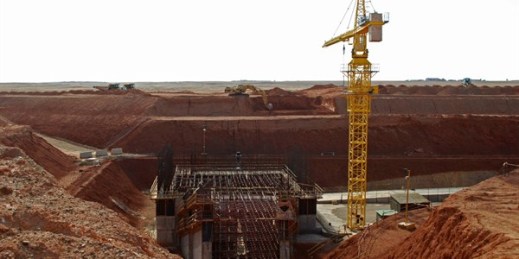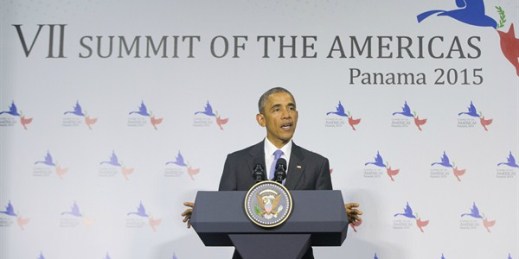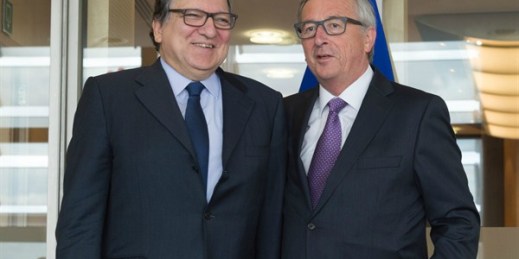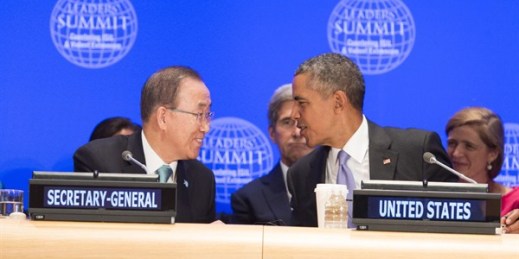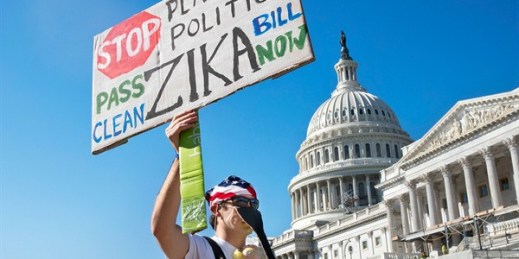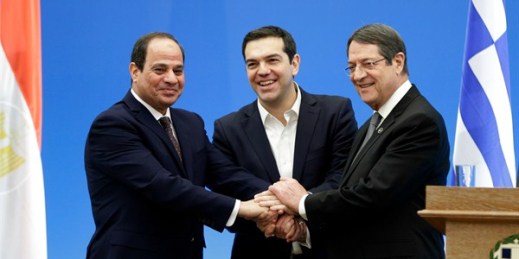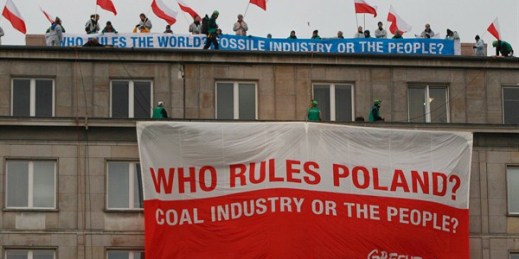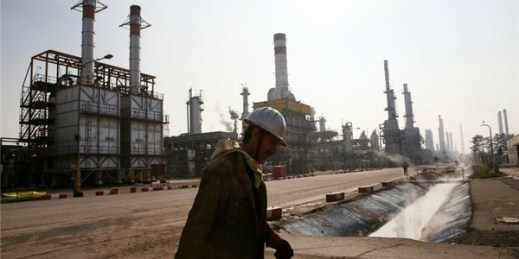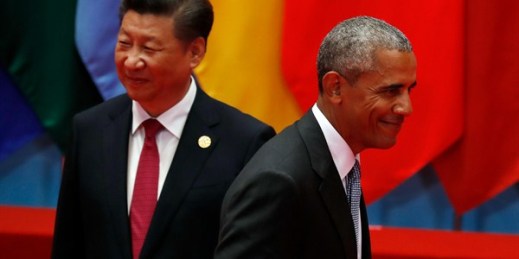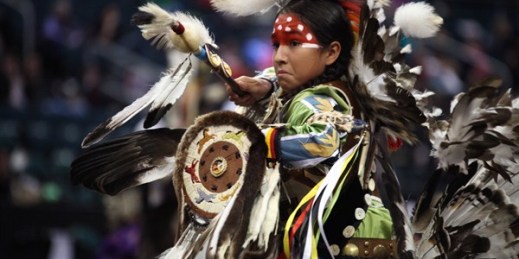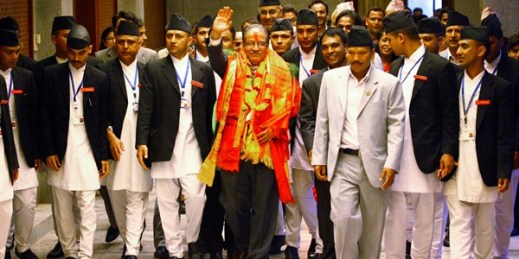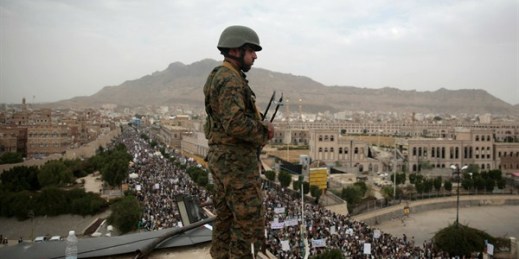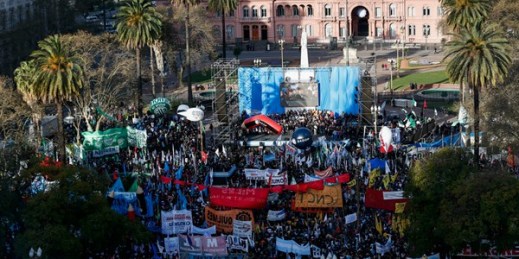
Burkina Faso, a small West African country that most Americans have never heard of and that saw a popular uprising in 2014 and attempted coup a year later, has received more than $4 million in the past 10 years to help professionalize its military. However, even with consistent U.S. security assistance, the State Department reports significant human rights concerns in Burkina Faso, including extrajudicial killings by security forces and excessive use of force, such as torture, against civilians. Burkina Faso is not the only country receiving U.S. security assistance despite a questionable human rights record. Every year, the United States […]

